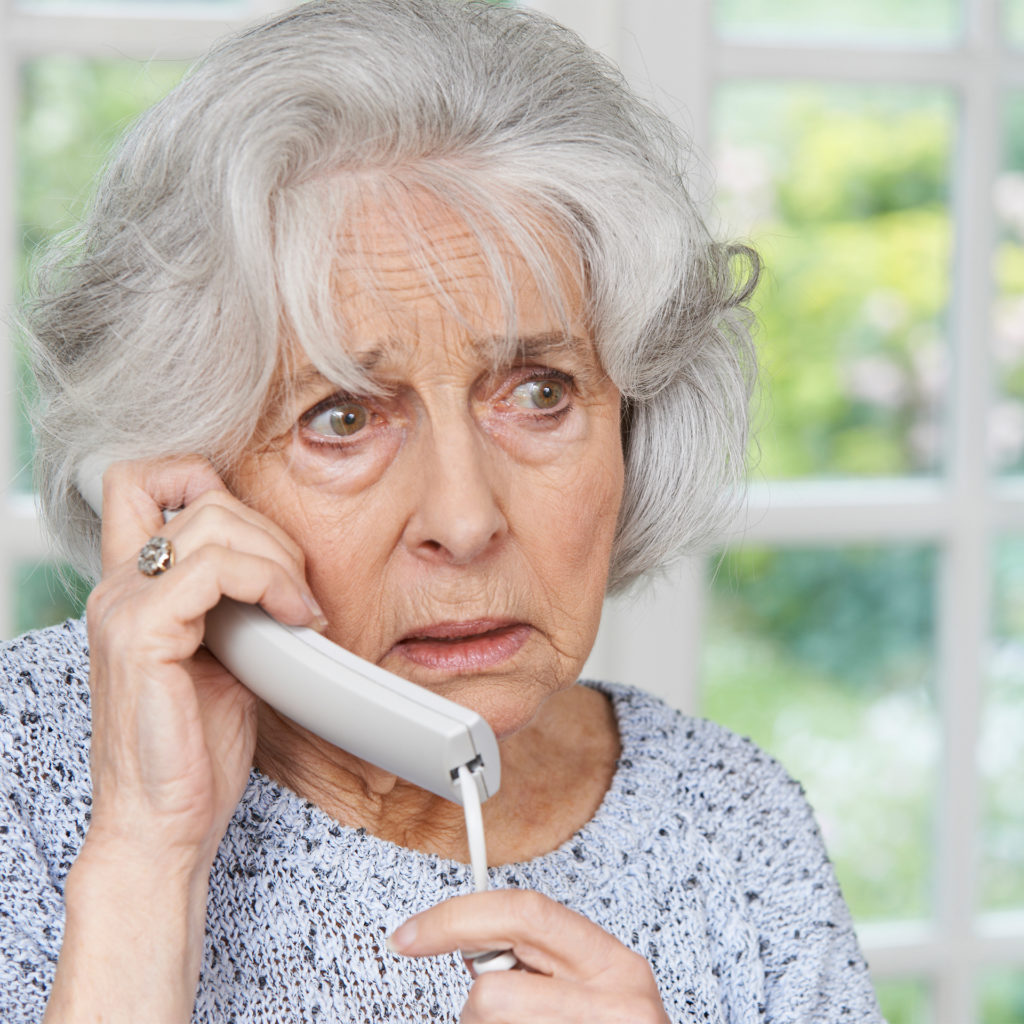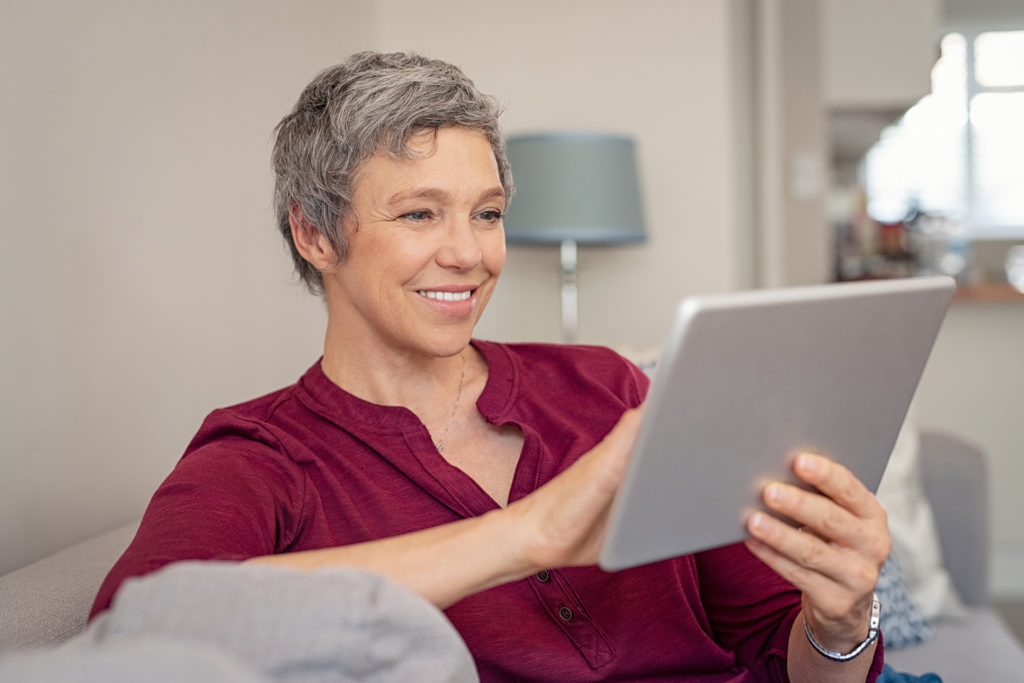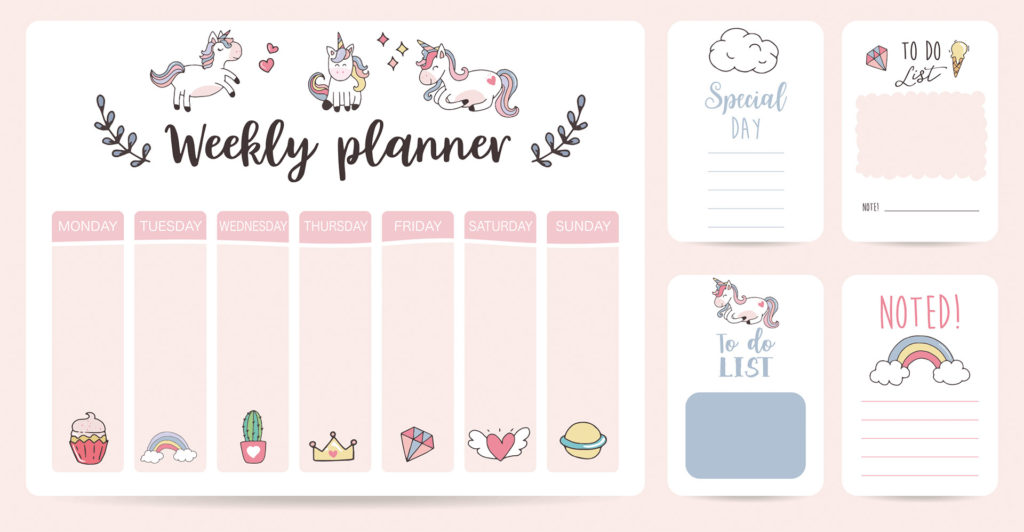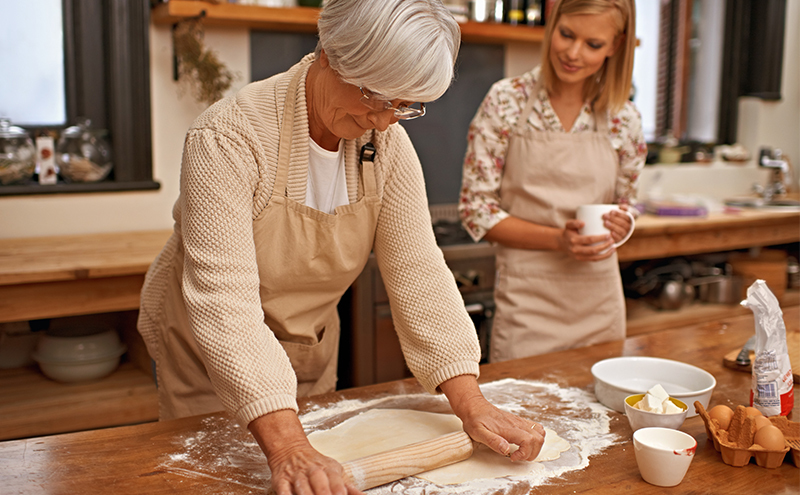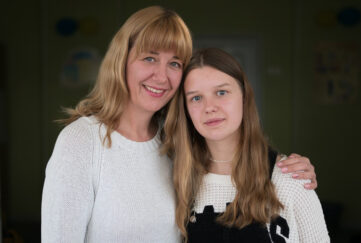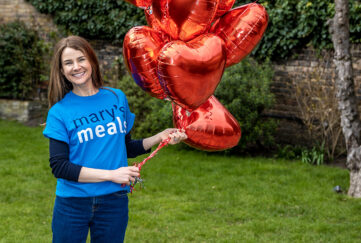Ways To Help People With Dementia During The Pandemic
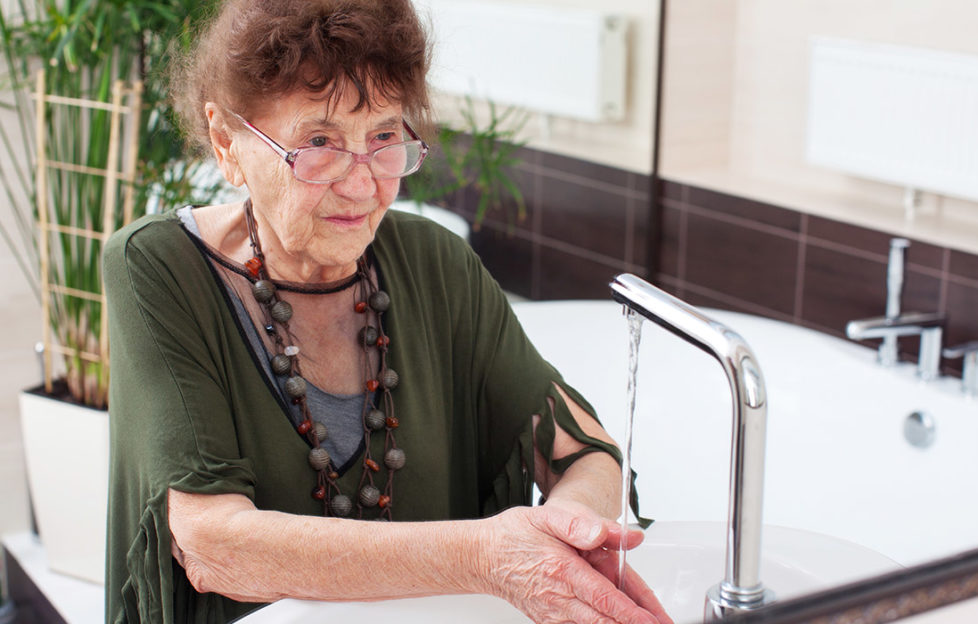
As a higher risk group, people affected by dementia are being advised to be extra careful with the coronavirus ‘stay at home’ rules.
This means many are cut off from the outside world.
The Alzheimer’s Society is determined to be there for everyone affected by dementia in these unprecedented times. Here are some tips from Dementia Adviser Helen Payton on how people with dementia can maintain communication; keep active; and stay safe.
There are also ways we can all help the charity’s work without leaving home!
4 ways people living with dementia can stay safe during the pandemic
-
Supporting from a distance
If you have a friend or family member with dementia, you’ll be worried. Help is available – you should not visit a person with dementia or their carer just to see them, although you can do so to provide personal care.
You can still stay in touch, help out, and drop things off.
- Make sure they know what help is available.
- Check they have a plan. If you know trusted neighbours or friends, ask them to pop a note through the door to offer help.
- Consider printing off and posting online advice, if it would help. You can order all Alzheimer’s Society dementia publications to be delivered direct to someone’s door.
- Warn them about potential scams and mis-selling by phone and online. Sadly, some people are using the pandemic to target vulnerable people.
- Similarly, if they use the internet for news, be very careful about false guidance or claims online and encourage them to refer to the NHS website for the most up-to-date information.
Alzheimer’s Society has also developed ‘This is me’, a simple leaflet for anyone receiving professional care and living with dementia.
If you care for someone with dementia at home but can’t continue because you have symptoms yourself, contact your local authority who should be able to help.
-
Follow good hygiene
Good respiratory and hand hygiene helps stop coronavirus spreading. This is important for everyone – but particularly for people with dementia and older carers.
- Handwashing with soap and water and using hand sanitiser is particularly important
- It’s a good idea to regularly clean items that are touched often – remote controls, telephones, kitchen taps and door handles.
- If you are struggling to get someone with dementia to wash their hands, try singing a song with them as they do it.
-
Arrange medicine, food and other essentials
The whole household must have all the medication they need. This may mean contacting your GP or local pharmacist to help make sure you have a supply of all the medication you need – either posted to you or for someone to collect.
You are allowed to go to the pharmacy to collect medicine if you must.
The same rules apply to other essentials like food and household supplies. You could order online for home delivery (though slots are still scarce in many areas), or ask a friend, family member or community volunteer to pick up a ‘click and collect’ order. Or they could shop for you.
If you or someone in your household gets symptoms, you must follow medical advice.
-
Know where to go for help
If you already receive support at home, make a list of key professionals’ contact details and stick it on the fridge. Then it’s handy at a time when you may well feel stressed or unwell.
If you don’t receive support at home, have your local social services department’s number handy, check which local shops or take-aways offer home delivery and note the Alzheimer’s Society Dementia Connect support line.
The Dementia Connect support line, 0333 150 3456, is open 7 days a week. It provides information and practical measures for people affected by dementia around the coronavirus.
4 ways people living with dementia can stay social
There’s evidence that social interaction helps improve wellbeing for people with dementia.
-
Use apps and social media
Apps and social media platforms that allow video calling, such as Skype, WhatsApp and Zoom, will help you stay in regular contact with a loved one who is living with dementia and can use a computer, smart phone or tablet.
Seeing someone’s face, as well as hearing their voice, can make you feel closer. You could even have group calls with several members of the family.
Try and arrange this at a regular time of day, or when carers are there, to give your loved one structure and something to look forward to.
-
Routine is key
People with dementia worry about losing their routine. Developing a daily routine makes staying at home easier – it can help people with dementia know what to expect on a given day and feel less anxious.
With so many things changing on a frequent basis, we recommend putting a regular and manageable schedule in place – if you are living with dementia and find you feel better at certain times of the day, try to arrange activities for then.
Also take things one step at a time – try to focus on one thing at a time and break each task down into smaller steps if you need to.
-
Talking Point
You’re not alone – there are plenty of online support networks available, where you can seek ideas, support and advice, including Alzheimer’s Society’s Talking Point. The online community can connect you with others affected by dementia to share tips and ways to cope during this crisis. It can be accessed online for free, night or day.
-
Social activities
For people with dementia, an activity that focuses on stimulating the senses is always a good way to encourage social interaction.
If you live with someone with dementia, an activity like baking can be a fun and tactile experience and hugely rewarding for the whole family. It can help give a sense of purpose and meaning, boost confidence and self-esteem, as well as promote an interest in food and mealtimes.
Some people may simply be happy to look and chat on while you bake, and you can encourage interest by talking about the smells and what you’re doing.
4 ways people living with dementia can stay active
Evidence suggests that physical activity improves confidence and wellbeing of people with dementia and may slow mental decline. The impact of staying active on their quality of life and health is huge.
-
Seated exercises
Seated exercises in the comfort of your home are ideal for people staying in. They are aimed at building or maintaining muscle strength and balance, without being too strenuous.
They can be part of a developing programme, with the number of repetitions of each exercise increased over time. Examples of seated exercises include:
- marching
- turning the upper body from side to side
- raising the heels and toes in turn
- raising the arms towards the ceiling
- raising the opposite arm and leg
- bending the legs
- clapping under the legs
- bicycling the legs
- making circles with the arms
- practising moving from sitting to standing.
Here’s a simple, friendly introduction to seated exercises by geriatric recreation therapist Liza Franses:
You could also have some fun, recreating home versions of your favourite sports and games:
- Ten pin bowling with plastic bottles
- Throwing socks into a laundry basket
- Create your own coconut shy – place foam balls in egg cups on a table
Or why not set a dance alarm every few hours? Whether seated or standing, dancing is a great way to move your body in any way you can. And it doesn’t even feel like physical activity!
-
Keep the mind active and engaged
Keeping mentally active is as important as keeping physically active. If you live with someone with dementia, look for activities to do together. Puzzles and games can be an enjoyable way of keeping the mind active.
As well as board games, there are plenty of activity apps available you can download. Our online shop has a variety of products like this, specifically for people with dementia.
Whatever activity you choose, from knitting to puzzles, a routine to do these at set times can help time pass.
-
Wildlife watch
Seeing and feeding birds can be enriching and good for the environment. It could be as simple as keeping bird feeders or a bug box outside the window.
Or if it’s suitable, why not go on a nature walk as your daily exercise? This could provide a focus for discussion and offer a real sense of achievement.
Government guidelines state that anyone is still allowed to go outdoors to exercise once a day, as long as they stay two metres (three steps) away from people who aren’t in their household. So going for a walk with a family member is another way to be more active.
-
Get into the garden
As well as getting fresh air, gardens and outdoor spaces can provide great pleasure for people living with dementia. You can use smell, touch and sound as well as sight to create an enjoyable and stimulating environment.
Talking about plants and flowers can also prompt conversation about which ones people recognise, their favourites and memories connected to them.
5 ways we can all support people affected by dementia
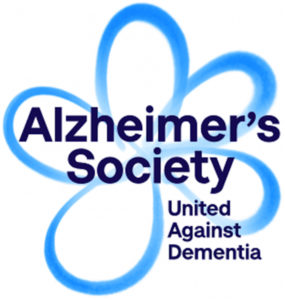 The Alzheimer’s Society is hearing daily from people with dementia worrying about coping and unable to get food deliveries; families struggling to explain what’s going on; and carers unable to visit vulnerable people.
The Alzheimer’s Society is hearing daily from people with dementia worrying about coping and unable to get food deliveries; families struggling to explain what’s going on; and carers unable to visit vulnerable people.
Alzheimer’s Society is determined no one affected by dementia should face challenges alone over the coming weeks and months. But we can’t do this without your help…
- Spread the word about Alzheimer’s Society’s support line, 0333 150 3456 (7 days a week)
Currently, 80% of calls to Alzheimer’s Society’s Dementia Connect support line concern issues caused by coronavirus. People who ring the Dementia Connect support line on 0333 150 3456/Welsh 03300 947 400 will be greeted by an Alzheimer’s Society Dementia Adviser who can reassure them and offer advice.
Alzheimer’s Society’s online community, Talking Point, can connect people affected by dementia with others to share ways to cope during this crisis. It can be accessed online for free, night or day.
Please follow Alzheimer’s Society on Twitter, Facebook and Instagram and share our messages to help people with dementia stay connected.
- Donate to Alzheimer’s Society’s Emergency Appeal
Never have Alzheimer’s Society services been so urgently needed. Our Emergency Appeal will help keep the Dementia Connect support line going and extend phone and virtual support.
People affected by dementia tell us Dementia Connect is a lifeline, with thousands coping with temporary closure of face-to-face services. You can make a one-off donation today.
- Get baking
Our regular fundraising Cupcake Day will look a little different this year – but whether you take part with your household, online or hosted at a later date, we need your involvement now more than ever.
Join forces with thousands of others baking in kitchens up and down the UK. Use what’s in your cupboards, get creative and get the kids involved – or bring your workmates together virtually.
- Become a Dementia Friend
More than 3 million people have become Dementia Friends.
This Alzheimer’s Society initiative allows people to learn more about what it’s like to live with dementia, then turn that understanding into action.
You can sign up to watch a short video online about dementia, after which you’ll become a Dementia Friend.
Why not use social media to share that you are a Dementia Friend and encourage friends and family to do the same?
- Be a GameChanger
Self-isolating is tough for all of us, so download the GameChanger app on your smartphone to help dementia research. It requires people who don’t have dementia to simply play games on their smartphone for five minutes a day, every day, for one month.
GameChanger is a research project led by University of Oxford, supported by Alzheimer’s Society. The games are designed to test specific aspects of memory and thinking that are believed to be affected in the earliest stages of Alzheimer’s disease.

